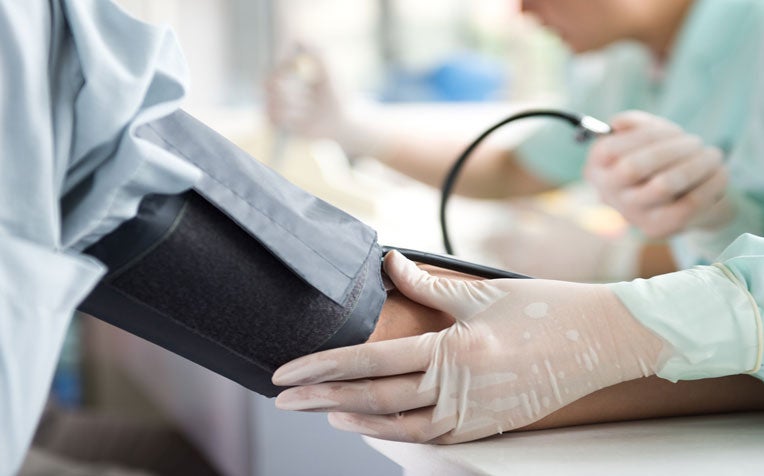HealthXchange will NEVER ask you to transfer money over a call. If in doubt, call the 24/7 ScamShield helpline at 1799, or visit the ScamShield website at www.scamshield.gov.sg.
Tips on 2 Common Health Screening Tests

Health screening tests help to detect conditions before symptoms are shown.
Health screening tests - why do you need them on a regular basis?
The point of health screening is to detect certain conditions before they show symptoms. Early detection and treatment can result in better outcomes, a reduced risk of complications and savings on the cost of treatment later. Thus, it’s important to go for a medical check-up regularly even if you feel healthy.
Common health screening tests include blood pressure measurement, diabetes screening test, a cholesterol test, a Pap smear (for ladies) and a colonoscopy to help detect colorectal cancer. Here are some tips to remember for your next medical check-up.
5 common health screening tests and some useful tips
Blood pressure measurement
One thing you ought to know about blood pressure measurement is that you should refrain from smoking or ingesting caffeine 30 minutes prior to the measurement, says Dr Goh Lay Hoon, Family Physician, Sengkang Polyclinic, SingHealth Polyclinics (SHP), a member of the SingHealth group.
Contrary to some beliefs, emptying your bladder right before the BP measurement will not make a difference. Also, there is no “best time” of the day to measure your BP.
You do not have to sit upright for this test. However, you should sit or lie down for several minutes before having your blood pressure taken. If you’re elderly or suffer from diabetes, your BP should be measured in both the sitting and lying down positions.
The cuff of the blood pressure meter (referred to as a sphygmomanometer) should be placed at the same level as your heart, whatever your position during the measurement.
Some people get anxious when they are in a doctor’s office, and this can lead to falsely high BP measures. That’s one of the reasons why doctors will wait a few minutes to take their patients’ BP (the “white coat syndrome” slightly reduces with time). In addition, doctors will take more than one measurement and average it out.
Cholesterol test (fasting blood lipids)
High cholesterol can be detected with a simple blood test called a lipid profile. You should fast for 9 to 12 hours prior to taking the test.
You should stick to your usual diet for at least one week before testing, advises Dr Goh. If you modify your diet and avoid high cholesterol foods before your test, the results will not reflect the true impact of your diet on the cholesterol level.
To get proper cholesterol readings, you should also make sure that:
- You have NOT had any illness in the last three weeks.
- You have NOT had a major medical event, such as a heart attack, in the last 3 months.
Read on for tips on 3 other health screening tests.
Ref: O17
Contributed by
Related Articles
Public Events
Get the Health Buddy App
© 2025 SingHealth Group. All Rights Reserved.


















 Get it on Google Play
Get it on Google Play